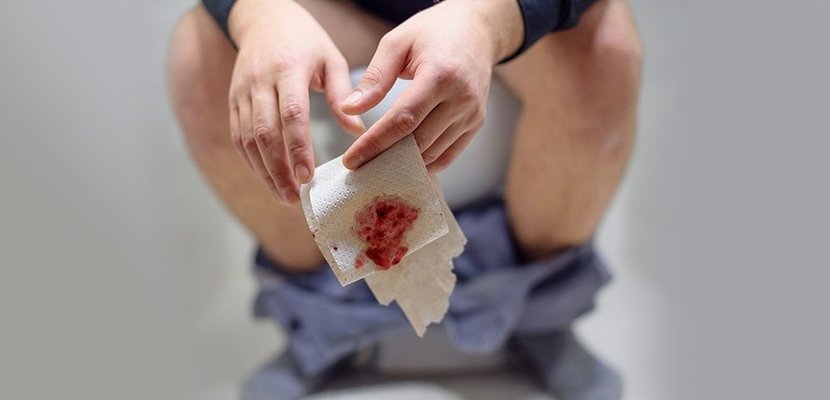
8 Harmless Habits You Didn’t Know Can Cause Piles
Millions of people around the world suffer from hemorrhoids, commonly known as piles. While some cases are caused by genetic predisposition or medical conditions, there are often seemingly harmless habits that contribute to their development. Dr. Hemant Garg, a renowned expert in Proctology, sheds light on eight unsuspected habits that can lead to piles and offers insights into prevention strategies. He provides Piles Treatment and Fistula Treatment and Fissure Treatment services at SDMH Hospital, Rambagh, Jaipur.
What Causes Piles?
Piles can develop because of increased pressure on the blood vessels around the anus and lower rectum. This may occur due to:
- Anal intercourse
- Constipation
- Diarrhea
- Obesity
- Pregnancy
8 Harmless Habits You Know Can Cause Piles
1. Straining During Bowel Movements:-
Forcefully straining during bowel movements is a common habit that can exacerbate hemorrhoids. Dr. Garg emphasizes the importance of maintaining a relaxed posture and allowing bowel movements to occur naturally. He suggests increasing fiber intake and staying hydrated to promote smoother bowel movements, reducing the need for straining.
2. Ignoring the Urge to Defecate:
Ignoring the urge to defecate can contribute to constipation, which in turn increases the risk of developing hemorrhoids. Dr. Garg advises against postponing bathroom breaks and encourages individuals to heed their body’s signals for bowel movements. Establishing a regular bathroom schedule can help regulate bowel movements and prevent constipation-related issues
3. Heavy Lifting:
Engaging in heavy lifting without proper technique or equipment can strain the muscles in the abdominal and pelvic regions, leading to increased pressure on the veins around the anus. Dr. Garg recommends using proper lifting techniques, such as bending at the knees and keeping the back straight, to minimize strain on the lower body. Additionally, he suggests avoiding lifting objects that are too heavy to manage comfortably.
4. Low-Fiber Diet:
A diet low in fiber can contribute to constipation, a common precursor to hemorrhoids. Dr. Garg advocates for a balanced diet rich in fiber from fruits, vegetables, whole grains, and legumes. Fiber adds bulk to stool and promotes regular bowel movements, reducing the likelihood of straining during defecation.
5. Excessive Spicy Foods:
While spicy foods may add flavor to meals, they can also irritate the digestive system and exacerbate hemorrhoid symptoms in susceptible individuals. Dr. Garg advises moderation when consuming spicy foods and recommends opting for milder alternatives to prevent irritation and inflammation in the gastrointestinal tract.
6. Prolonged Standing:
Similar to prolonged sitting, standing for extended periods can increase pressure on the veins in the lower body, potentially leading to hemorrhoids. Dr. Garg suggests alternating between sitting and standing throughout the day, if possible, to relieve pressure on the rectal area. Using a footrest or anti-fatigue mat while standing can also help alleviate discomfort.
7. Excessive Straining During Exercise:
Certain forms of exercise, such as weightlifting or intense aerobic activities, can exacerbate hemorrhoids if performed with excessive straining. Dr. Garg recommends choosing low-impact exercises that promote cardiovascular health without putting undue pressure on the pelvic region. Yoga, swimming, and brisk walking are excellent options for maintaining fitness without aggravating hemorrhoid symptoms.
Conclusion:
While hemorrhoids can be painful and inconvenient, many cases can be prevented by addressing underlying habits and lifestyle factors. Dr. Hemant Garg emphasizes the importance of recognizing and modifying habits that contribute to hemorrhoid development, such as prolonged sitting, straining during bowel movements, and engaging in heavy lifting. Dr. Hemant Garg is the most reputed Fistula Treatment and Fissure Treatment in Jaipur and has years of work experience and is the Best Piles Doctor in Jaipur for Fissure Surgery and for such as Fistula surgery and Piles Surgery.